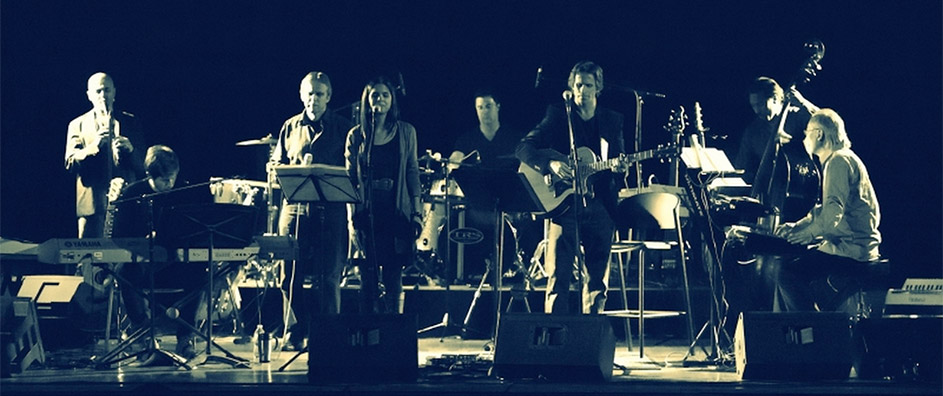In the examination of the Bahá’í teachings, a profound and multifaceted discussion emerges surrounding the themes of martyrdom, heroism, and the symbolic resonance encapsulated in the metaphor of “the voice in the flame.” These concepts are not merely historical references; they serve as critical lenses through which the Bahá’í faith articulates its core values, aspirations, and the trials faced by its adherents throughout history.
Martyrdom in the Bahá’í context transcends the conventional understanding of sacrifice for one’s beliefs. It encapsulates the idea that through the act of selflessness, one can attain spiritual elevation and serve a higher purpose. The Bahá’í faith, with its origins in 19th-century Persia, has endured significant persecution, with numerous followers laying down their lives in the quest for justice and freedom. Each martyr’s story becomes interwoven with the narrative of the community, imbuing it with a sense of collective resilience.
Consider the martyr, not as a solitary figure, but as a luminary within a constellation of heroes whose sacrifices ignite the flame of distinction in a tumultuous world. These narratives, often replete with elements of valor and generosity, serve as potent reminders of the capacity for humanity to manifest courage in the face of adversity. The courage exhibited by these individuals generates a unique appeal—an allure that draws both adherents and seekers toward the ethos of the Bahá’í teachings.
In this light, the notion of heroes extends beyond individual valor; it is embraced collectively. Bahá’í teachings express that heroism is a shared endeavor, fostering a communal spirit that transcends the dichotomy between the self and the other. The Bahá’í community has historically leaned on the underpinnings of love and solidarity, which manifests in the unwavering commitment to serving others, irrespective of social or religious affiliations. This broader notion of heroism is nourished by the inherent belief in the oneness of humanity, where every act of love and service can catalyze transformative change.
The metaphor of “the voice in the flame” evokes a striking image of spiritual fervor—a resonance that echoes the struggles and sacrifices of those who have paved the way for the Bahá’í community. The flame symbolizes purity, enlightenment, and the divine essence within every individual. Importantly, the voice signifies the enduring message that arises even in the heat of anguish: a clarion call for unity, justice, and peace.
Within this metaphor lies a duality—while the flame can be destructive, it is also a source of warmth and illumination. The teachings echo the wisdom that adversity can birth strength; it is through trials that the soul often recognizes its potential. Such resilience, as illustrated through the lens of martyrdom and heroism, urges individuals to confront their fears, fostering a sense of empowerment amidst the fires of life’s challenges.
Moreover, the symbolism of the flame serves as an invitation to introspection, urging one to examine the motivations behind one’s actions. Are we mere observers in the narrative of life, or are we actively contributing to the collective destiny of humanity? This crucial inquiry lays the groundwork for personal and collective growth. The Bahá’í teachings urge followers to recognize the interconnectedness of all spirits, advocating for an ethos that embraces forgiveness and compassion over division and grievance.
For many adherents, the stories of martyrs resonate with a sense of urgency and relevance in today’s context. As the world experiences tumultuous upheaval, the lessons derived from past sacrifices can serve as beacons of hope. They illuminate paths toward reconciliation and understanding. In a contemporary society rife with conflict, remembering martyrs can inspire individuals and communities to strive for peace through dialogue and cooperation rather than enmity.
Equally, the celebration of heroism within the Bahá’í framework encompasses individuals from diverse walks of life. They include educators, social workers, peace activists, and everyday citizens who embody the principles of love and service. The essence of heroism is not reserved for extraordinary deeds; rather, it resides in the mundane acts of kindness that accumulate to change hearts and spaces. Their contributions ensure that the voice of the flame persists, resonating in every corner where love and compassion dwell.
Your understanding of martyrdom, heroes, and the voice in the flame cultivates an innate responsibility to embody these principles in daily life. Each person becomes a potential beacon of light amidst darkness, a voice that speaks of justice, equity, and unity. This journey is not only transformative on a personal level but also generates ripples that can alter the collective experience of humanity.
In conclusion, the Bahá’í teachings, when viewed through the prism of martyrdom, heroism, and the voice in the flame, present a rich tapestry of spiritual insight and ethical guidance. The stories of martyrs remind us of the profound sacrifices made for the greater good, while the notion of collective heroism fosters communal bonds essential for progress. Ultimately, the voice enkindled within the flame reverberates with a call to action, urging us to harness our inner strength for the upliftment of humanity. It is an invitation to live not in isolation but as interconnected souls striving toward a higher purpose—one that illuminates paths of hope and nurtures the enduring flame of love and understanding within our hearts.
